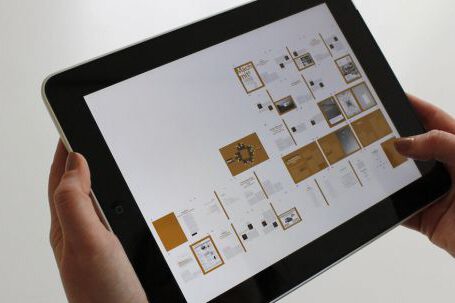In recent years, the concept of smart cities has gained significant traction. With advancements in technology, cities around the world are embracing the Internet of Things (IoT) to enhance their infrastructure and make urban living more efficient and sustainable. IoT devices, which are interconnected through the internet, have the potential to revolutionize the way cities are managed and improve the quality of life for residents. In this article, we will explore how IoT devices can enhance smart city infrastructure.
Improving Energy Efficiency
One of the key benefits of IoT devices in smart cities is their ability to improve energy efficiency. By connecting various elements of a city’s infrastructure, such as streetlights, buildings, and transportation systems, IoT devices can collect and analyze data to optimize energy consumption. For example, smart streetlights equipped with sensors can detect the presence of pedestrians and vehicles, adjusting their brightness accordingly to save energy. Similarly, IoT devices in buildings can monitor and control temperature, lighting, and other utilities to reduce wastage. These energy-saving measures not only reduce the environmental impact of cities but also help save costs for both the government and residents.
Enhancing Public Safety
IoT devices play a crucial role in enhancing public safety in smart cities. By integrating surveillance cameras, traffic sensors, and emergency response systems, cities can monitor and respond to potential threats in real-time. For instance, IoT devices can detect unusual activities or patterns in surveillance footage, alerting authorities to potential security risks. Additionally, traffic sensors can monitor traffic flow and adjust traffic signals accordingly, improving road safety and reducing congestion. Furthermore, IoT-enabled emergency response systems can automatically detect and report incidents, ensuring a swift and effective response.
Optimizing Transportation
Transportation is a fundamental aspect of urban life, and IoT devices have the potential to revolutionize the way people move around cities. Connected vehicles equipped with IoT sensors can gather real-time data on traffic conditions, parking availability, and public transportation schedules. This information can then be analyzed to optimize transportation routes, reduce congestion, and improve the overall efficiency of the transportation system. Moreover, IoT devices can enable smart parking systems that guide drivers to available parking spaces, reducing the time spent searching for parking and minimizing traffic congestion.
Facilitating Waste Management
Effective waste management is essential for the cleanliness and sustainability of cities. IoT devices can play a vital role in streamlining waste management processes. Smart trash bins equipped with sensors can monitor fill levels and send notifications to waste management authorities when bins are full, ensuring timely collection and preventing overflow. Additionally, IoT devices can optimize waste collection routes, reducing fuel consumption and emissions. Furthermore, by implementing smart recycling systems, cities can encourage residents to recycle by providing real-time feedback on their recycling habits and offering incentives for proper waste disposal.
Conclusion
The integration of IoT devices in smart city infrastructure holds immense potential to transform urban living. By improving energy efficiency, enhancing public safety, optimizing transportation, and facilitating waste management, IoT devices can create more sustainable, efficient, and livable cities. However, it is important to address concerns related to data privacy and security to ensure the successful implementation and adoption of IoT technology. As cities continue to evolve and embrace smart solutions, the role of IoT devices will become increasingly vital in shaping the cities of the future.





